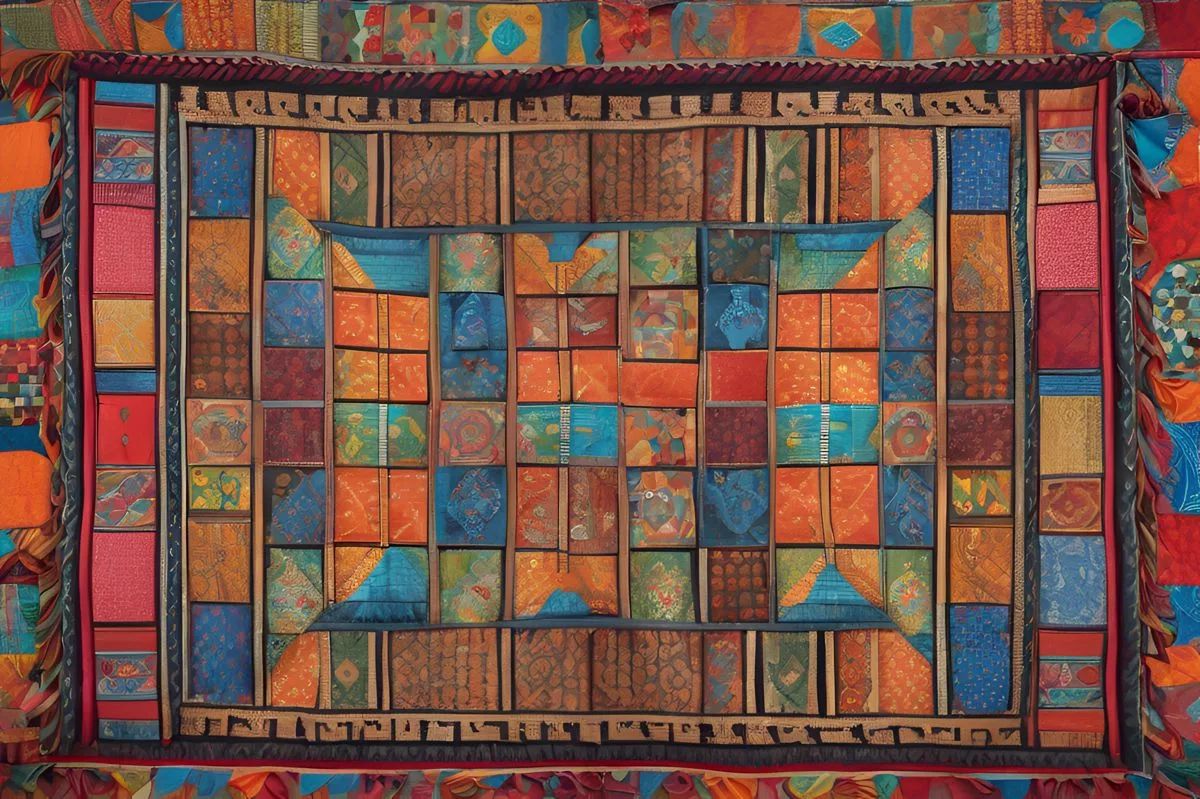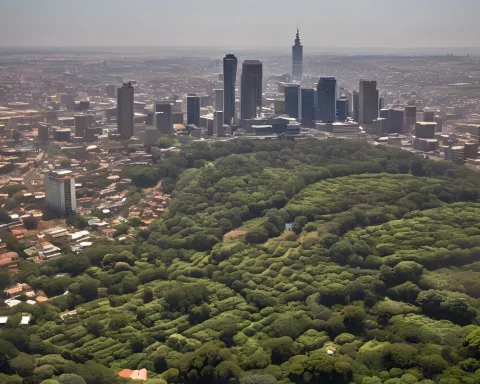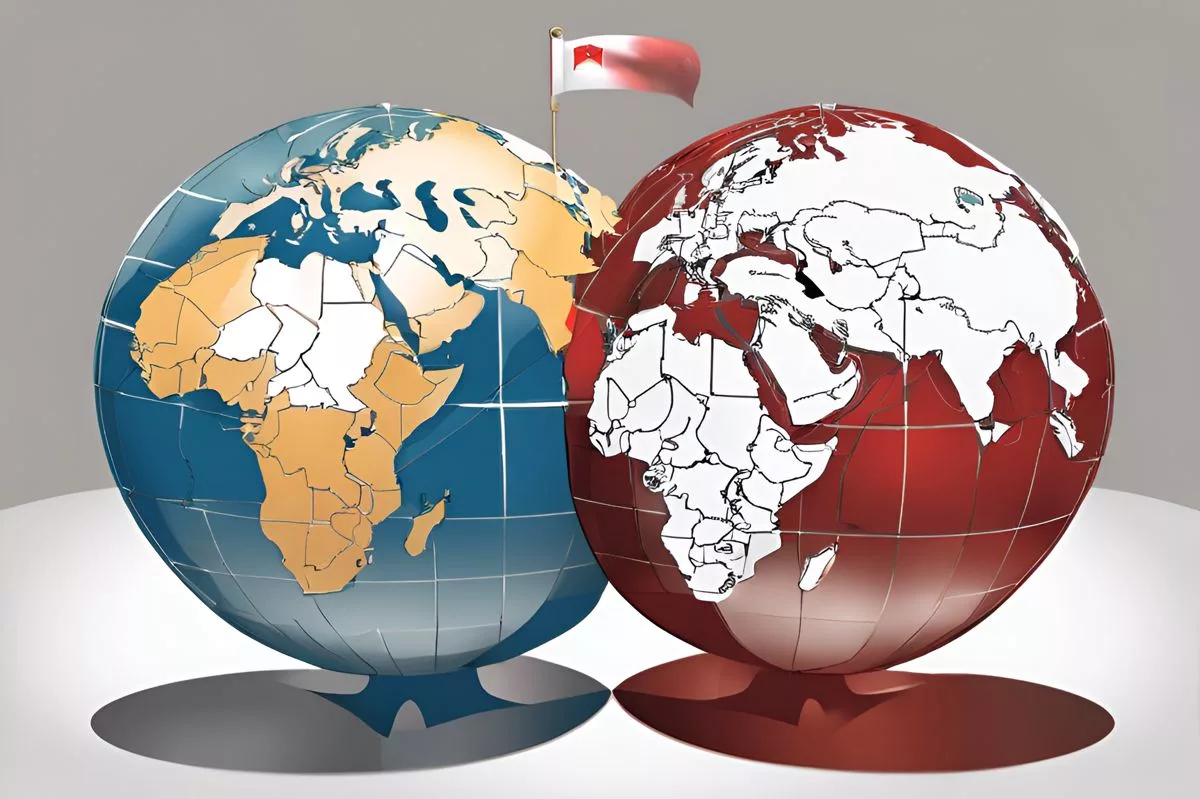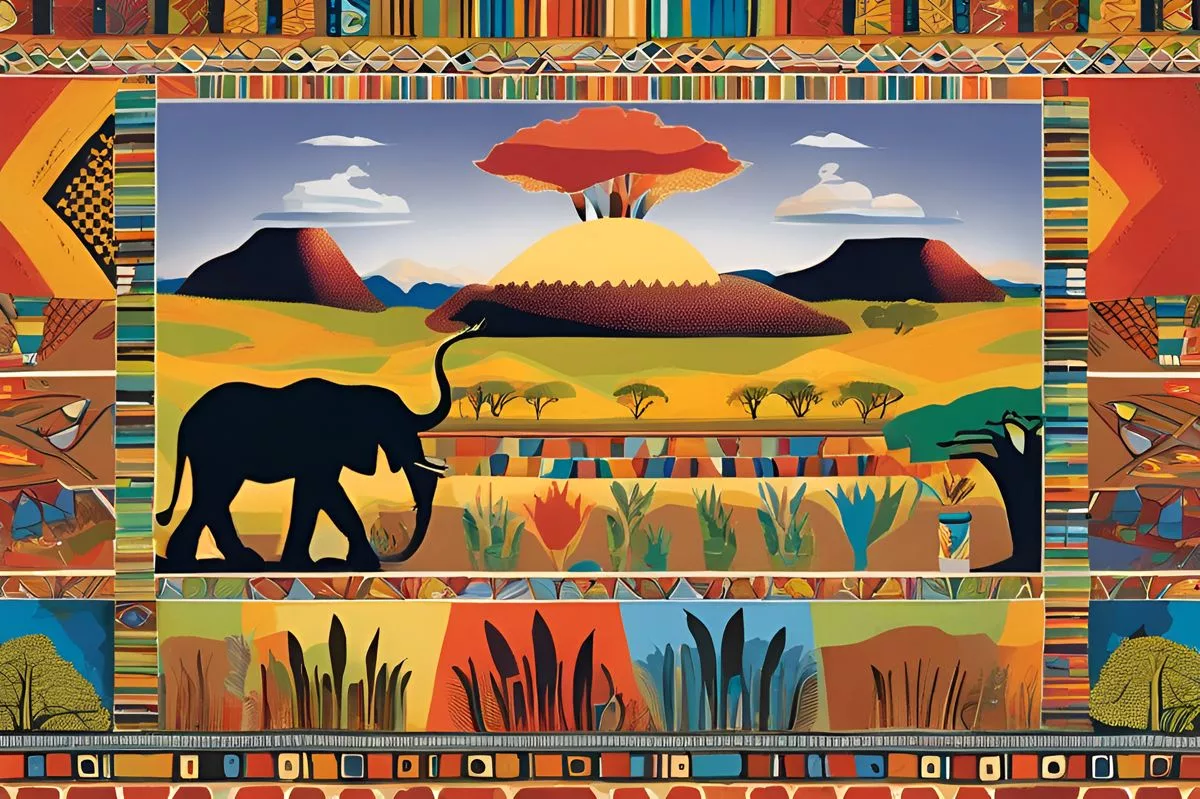Heritage Day, celebrated on September 24 in South Africa, is a vibrant festival that honors the country’s rich mix of cultures and traditions. This day is filled with lively music, joyful dances, and delicious foods, bringing people together to celebrate their shared heritage. It’s a time for reflection on the importance of unity, as our diverse backgrounds come together to form a beautiful tapestry of identity. As communities gather to share stories and traditional dishes, they pass on the legacy of their ancestors, ensuring that the spirit of togetherness continues to thrive for future generations.
What is Heritage Day in South Africa?
Heritage Day, celebrated on September 24, honors South Africa’s diverse cultures and traditions. It emphasizes unity through shared heritage, encouraging reflection on the nation’s history. Celebrations include traditional music, dance, and food, showcasing the country’s rich cultural tapestry and promoting inclusivity among its people.
Honoring a Unified Diversity
On Heritage Day, South Africa collectively honors the vivid array of cultures, languages, and traditions that uniquely define the nation. Speaker of the National Assembly, Ms. Thoko Didiza, and Chairperson of the National Council of Provinces, Ms. Refilwe Mtshweni-Tsipane, stand with the people in marking this significant occasion. This day prompts reflection on the deep-rooted importance of our collective heritage, embodied by the phrase “!ke e: /xarra //ke” on our National Coat of Arms, meaning “diverse people unite.” This expression encapsulates the core of our national identity—a symphony of diverse elements harmonized by shared values and goals.
Heritage Day transcends being merely a celebration; it serves as a moving reminder of our Constitution, particularly the Bill of Rights, which forms the bedrock of our democracy. This essential document asserts that every individual is entitled to protection against discrimination stemming from ethnicity, belief, culture, language, or origin. In a world frequently divided by cultural and linguistic differences, South Africa’s enduring unity and resilience stand as a powerful testament to the strength derived from embracing diversity.
Reflecting on three decades of democracy, South Africa can take pride in the progress made in fostering a shared heritage. The democratic Parliament has been instrumental in addressing the wrongs inflicted by Western and colonial influences that once dismissed African heritage. Through progressive legislation and the creation of dedicated institutions, the democratic government has strived to reshape the heritage landscape, rectifying the enduring impacts of colonialism on social justice and nation-building.
Restoration and Renewal: A Symbol of Unity
This year’s Heritage Day is particularly momentous as it coincides with significant strides in restoring Parliament’s damaged structures. This extensive restoration effort, dedicated to the populace, aims to safeguard and highlight the nation’s diverse heritage. The National Assembly Chamber’s restoration holds special significance, symbolizing the country’s cultural and aesthetic legacy. The new design skillfully marries modern engineering with reverence for the building’s original importance, featuring an elevated structure that fosters public engagement with the land beneath.
The restoration initiative aligns with the principles outlined in the National Heritage Resources Act, which highlights heritage as unique, invaluable, and crucial in shaping cultural identity. By preserving the National Assembly’s historical and architectural essence, the project stands as a potent testament to unity in diversity. It integrates historical value, indigenous wisdom, and contemporary innovation, ensuring that the revitalized National Assembly Chamber continuously celebrates South Africa’s rich heritage and inspires future generations to honor democratic values and cultural unity.
South Africa’s dedication to preserving its heritage has also garnered global acknowledgment. Recently, UNESCO recognized the country’s efforts by adding the Pleistocene Occupation Sites and the Human Rights, Liberation, and Reconciliation: Nelson Mandela Legacy Sites to the World Heritage List. With these additions, South Africa now proudly features 12 sites on this prestigious list, reflecting its commitment to protecting historically significant landmarks.
Celebrating the Essence of Heritage
Heritage Day stands as a celebration of the unique cultures, artifacts, music, and culinary diversity that enrich South Africa. The legacy left by our ancestors is a source of pride, and it is the current generation’s responsibility to honor and preserve it. This day offers a chance to reaffirm our commitment to protecting our living heritage, ensuring it remains a vital part of our collective identity.
Across the nation, vibrant celebrations showcase the intricate tapestry of South African culture. From the spirited dances of Zulu warriors to the detailed beadwork of the Ndebele, each cultural expression tells a story of identity and community. The day also highlights traditional music, with the rhythmic beats of the djembe drum resonating in the air, echoing the heartbeat of the African continent.
In both urban centers and rural villages, people come together to share traditional foods that narrate stories of heritage and resilience. The aroma of braaied meat fills the air, a culinary tradition that crosses cultural boundaries, fostering a spirit of camaraderie. Traditional dishes like bobotie and chakalaka exemplify the rich culinary mosaic of our nation, each bite reflecting the diverse influences that have shaped South African cuisine.
Educating and Empowering the Youth
Educational initiatives on Heritage Day play a pivotal role in instilling pride and a sense of identity among the youth. Schools and community centers organize events that delve into the history and significance of various cultural practices, ensuring the legacy of our forebears is passed down through generations. Interactive workshops on traditional crafts, storytelling sessions, and history lessons create a bridge between the past and the present, fostering a deeper understanding of our shared heritage.
Nelson Mandela once remarked, “Education is the most powerful weapon which you can use to change the world.” On Heritage Day, this sentiment holds profound meaning, as education becomes the channel through which we preserve and celebrate our diverse cultural legacy. By involving the younger generation in the rich narratives of our past, we empower them to embrace their heritage and contribute to a more inclusive future.
In the spirit of unity and celebration, communities from all corners of South Africa come together to honor the legacy of those who have shaped our nation. Heritage Day serves as a reminder that despite our differences, we share a common identity as South Africans. It is a day to celebrate the mosaic of cultures that make us unique, to honor the struggles and triumphs of our ancestors, and to look forward to a future where unity in diversity remains our greatest strength.
Looking Forward with Hope
As the sun sets on this day of celebration, the flickering lights of bonfires and the rhythmic sounds of traditional music echo across the land. Heritage Day may conclude, but the spirit of unity and pride it embodies continues to inspire us. Let us carry forward the lessons of this day, committed to preserving our living heritage and working collectively toward a brighter, more inclusive future for South Africa.
“`markdown
Frequently Asked Questions about Heritage Day in South Africa
What is Heritage Day and when is it celebrated?
Heritage Day is celebrated on September 24 in South Africa, honoring the country’s diverse cultures and traditions. The day promotes unity through shared heritage and encourages reflection on the nation’s history, featuring traditional music, dance, and food that showcase the rich cultural tapestry of the country.
How does Heritage Day promote unity among South Africans?
Heritage Day emphasizes the importance of collective heritage and unity, as expressed by the phrase “!ke e: /xarra //ke,” meaning “diverse people unite.” This celebration serves as a reminder of the strength derived from embracing diversity, encouraging South Africans to come together despite their different backgrounds.
Why is Heritage Day significant to South Africa’s Constitution?
Heritage Day reflects the values enshrined in South Africa’s Constitution, particularly the Bill of Rights, which protects individuals from discrimination based on ethnicity, belief, culture, language, or origin. It underscores the nation’s commitment to inclusivity and respect for all cultural identities.
How is Heritage Day celebrated across the country?
Celebrations of Heritage Day vary, with vibrant events showcasing traditional dances, music, and culinary diversity. Communities come together to share traditional foods, engage in storytelling, and participate in cultural activities, reinforcing the spirit of camaraderie and shared identity.
What role does education play on Heritage Day?
Education is vital on Heritage Day as schools and community centers organize events that explore the history and significance of various cultural practices. By engaging the younger generation in storytelling, crafts, and history lessons, Heritage Day fosters a deeper understanding of shared heritage and pride in cultural identity.
What recent achievements reflect South Africa’s commitment to preserving its heritage?
South Africa has garnered global recognition for its efforts in heritage preservation, with UNESCO adding several sites to the World Heritage List. This includes the Pleistocene Occupation Sites and Nelson Mandela Legacy Sites, showcasing the nation’s dedication to protecting historically significant landmarks and cultural heritage.
“`












